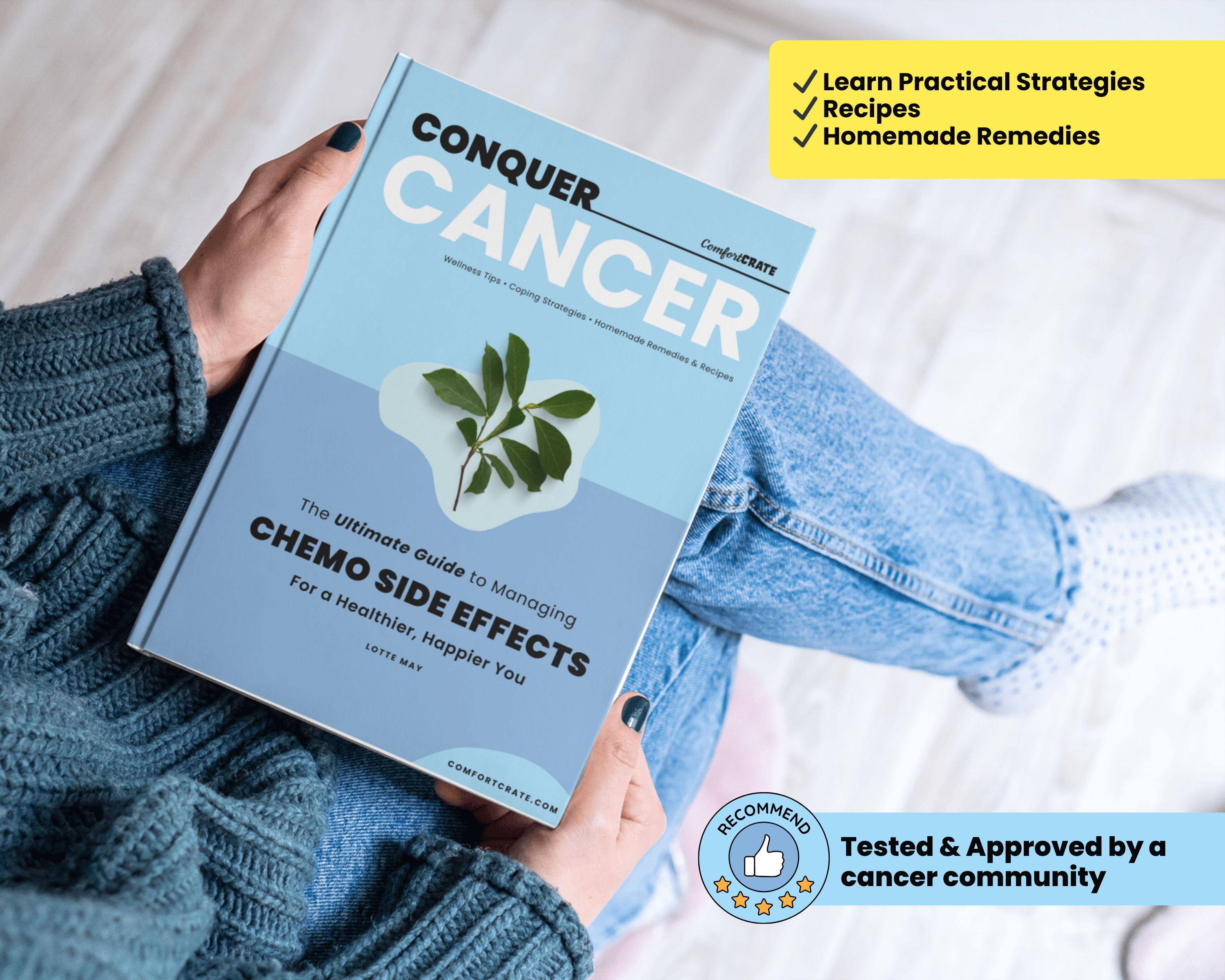
The importance of Rest & Recovery During Cancer Treatment
Why is rest is vital to recovery?
The body needs rest to eliminate toxins that accumulate during cancer treatment, such as chemotherapy or radiotherapy. When the body is rested, it can remove these toxins, but if the rest is not sufficient, the body may be negatively affected.
A good night's rest allows the human body to rebuild cells and repair vital organs. This results in stronger muscles, more energy, better brain function, better elimination of waste products, stronger immune systems, and even improved moods.
The term rest does not always refer to sleep. You can just take time out to relax during the day when you're busy. For example, you can listen to music, enjoy a cup of tea or pet an animal. As well as relaxing you, rest can decrease your fatigue, which leads to a faster recovery.
The benefits of Resting
- Slowing heart rate and breathing
- Lowering blood pressure
- Improving digestion
- Maintaining normal blood sugar levels
- Increasing blood flow to major muscles
- Reduce muscle tension and chronic pain
- Improving concentration and mood
- Improving sleep quality
- Reduce anger and frustration
- Boosting confidence to handle problems
Never feel guilty about resting! It's okay to take things slow. Your body will thank you for it. If you are struggling to rest check out our stress relief blogs.
The Importance of Sleep
Patients with cancer often have trouble falling asleep. Sleep is essential to your recovery. When you sleep, your mind and body are rejuvenated and refreshed, so when you are awake you can perform at your optimal level. You can ask your doctor to prescribe medication, or you can try natural approaches first. Here are some ways your circadian rhythm can help you sleep better.
Natural Sleep Aids
Changing some aspects of your lifestyle could make a huge difference. Known as your circadian rhythm, your body maintains a natural time-keeping system. As a result, it affects your brain, body, and hormones, helping you stay awake and letting you know when to go to bed. You can improve your sleep quality and duration by exposing yourself to more light during the daytime. Additionally, it can speed up the process of falling asleep.
The opposite can occur when light is exposed at night. In this way, your brain is tricked into thinking it is still daytime. To minimise this effect, it is recommended to stop watching TV and turn off any bright lights two hours before you sleep. For your smartphone, install an app that blocks blue light or try wearing glasses that block blue light.
A crucial tip for sleeping well is not to sleep too much during the day. You can improve your sleep by taking short naps or rest breaks of 30 minutes or less. Sleeping too much at night can decrease your energy level and make it difficult to sleep.
Discover how nature can help with your recovery process - 'Benefits of Nature'











Leave a comment
This site is protected by hCaptcha and the hCaptcha Privacy Policy and Terms of Service apply.